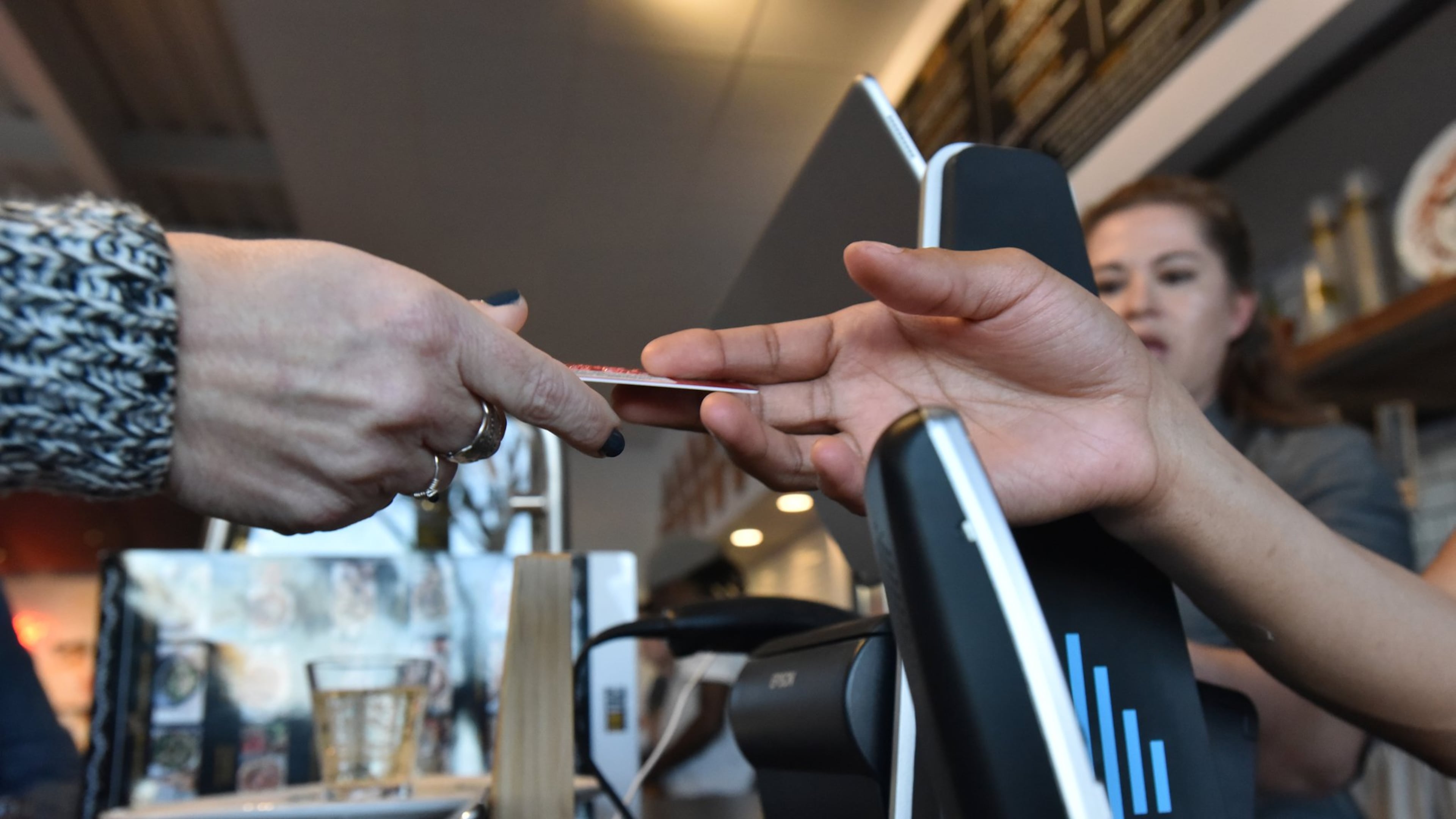Kempner: These Atlanta restaurants are dropping dollars

Allison Hill wants success for the Neapolitan pizza chain she's helping launch in Atlanta. She just doesn't want cash.
Patrons at The Local Pizzaiolo on Atlanta's Westside can pay by credit, debit or plastic cash cards, but not with the legal tender of the United States. Some nearby restaurants also recently put in place policies to not accept cash from customers.
Expect such moves to become common.
There are plenty of upsides. But even for a cash-limited guy like me, there’s something unsettling if basic commerce eventually requires all consumers — and all businesses — to connect to the financial services complex that feeds on plastic and electronic transactions.
Hill, the pizza company’s CEO, told me she and colleagues fretted over the decision for another reason.
“You don’t want to ever seem like you are not welcoming,” she told me.

Not cheap
Her staff rehearsed working with customers who might not like the policy; she wants them to be flexible. Though Hill says she jumped in to pay when an elderly woman had only cash, she told me she hadn’t heard of any resistance in the first weeks of operation.
Dumping dollars isn’t necessarily less expensive for stores and restaurants. In fact, more credit and debit card transactions mean the businesses pay more processing fees, which can cost 2 to 3 percent beyond the ticket price.
But there are business and safety upsides: it allows for more information on customer purchases and avoids the risks and time-consuming headaches that come with handling cash.
Local Pizzaiolo chef and co-founder Giulio Adriani told me he wanted to streamline operations and make his life and those of his managers easier.
Going sans cash means less worry about making bank runs or managers carrying out money late at night. There are fewer chances for workers to miscount change or to steal. (Adriani said he normally assumes 5 percent of his revenue will be lost to such things.) There are fewer voids that managers have to check on. All of which can save maybe two hours a day of a manager’s time, he told me.
Safety step
The personal safety issue is a particularly important one.
After last year's killing of a young female manager shot during a robbery at a Barcelona Wine Bar, local Barcelonas and sister Bartacos stopped accepting customers' cash to pay tabs.
A Westside location of Octane Coffee did the same, partly for safety reasons and partly because dealing with cash issues takes time that managers could use to focus elsewhere, said Tony Riffel, an executive for parent Revelator Coffee, which has 23 locations around the Southeast.
“Cash is time consuming,” he said.
So the chain tested a cashless policy at a shop in Atlanta and one in Birmingham, where cash customers had accounted for less than a third of the business.
“We haven’t had any pushback from customers, so it is probably something we’ll roll out in more locations,” he said. “I’m surprised that it is not a bigger deal.”
While the change will add costs, “we value the time and the safety higher. In our mind, it is worth it.”
Difficulties using cash
I sometimes go weeks without green in my increasingly tiny wallet.
Almost everything goes on a cash-back credit card, even a pack of gum, just because it’s easier. Yes, I feel guilty because I know it means retailers have to pay processing fees. But not so guilty that I go out of my way to make an ATM pit stop for them. (Responsible public safety announcement: avoid plastic if you aren’t going to pay off the balance before finance charges kick in.)
Cash remains the most common way for people to pay in the United States, according to a report from the Federal Reserve Bank of San Francisco. But folding money isn’t what it was.
It's become increasingly difficult to live an all-cash life. If you catch a ride on Uber, buy on Amazon, pay at the gas pump, or park at plenty of unstaffed parking lots, you've already landed in cashless terrain.
This is beautiful for plastic card companies and, I’m sure, for metro Atlanta’s sizable cluster of payment processing and financial technology companies.
But do we really want stuff as basic as pizza, coffee or tacos to no longer be accessible with fee-free, privacy-protecting dollars?
Millions of Americans don’t have a bank account or a debit card. Plenty of people can’t get, can’t afford or don’t want credit cards and the slippery slope of easy debt.
For them, there’s Lou Locricchio, the founder of the breakfast and lunch Thumbs Up Diner chain in Atlanta.
Four of the six Thumbs Up locations only accept cash.
“We took personal checks, but that got out of hand,” Locricchio told me. “They were bouncing left and right.”
But he gets ornery talking about the processing fees he’d be charged for customers’ credit and debit card transactions.
Running a small business is expensive enough, he told me. “I don’t need somebody else in my pocket.”
Customers give him a hard time about it occasionally.
“Credit cards have become like an automatic. That is the credit card company being really, really good about promoting their product. Nobody promotes cash any more.”
He's not against change, though. Someday, he told me, he'd like to start accepting bitcoin.
Related coverage:
Get rich quick? A Georgia bitcoin CEO’s advice on wacky money
First Look: The Local Pizzaiolo debuts "neo-Neopolitan" in West Midtown
Find more Kempner columns here:http://www.myajc.com/news/opinion/matt-kempner-unofficial-business/j9F7R2mOGomS5FMjfhho2O/
Check Matt on Facebook (https://www.facebook.com/mattkempnercolumnist) and Twitter (@MattKempner) or email him at mkempner@ajc.com.



